(October 24, 2017) – Alberta Education is providing teachers with new resources that include lesson plans to help bring First Nations, Métis and Inuit history and contributions to life in classrooms across the province.
All students will learn about the history and legacy of residential schools and the history of First Nations, Métis and Inuit in Canada as part of the Government of Alberta’s commitment to the Truth and Reconciliation Commission.
“It is critical our students understand the history of residential schools, along with the histories and vibrant cultures of Indigenous communities and the role we all have to play in reconciliation. It’s equally important teachers have the tools they need to feel empowered to teach this important material in the classroom as we work to prepare our students for success.,” stated David Eggen, Minister of Education.
Lesson plans have been developed for Grades 1 to 9 in English Language Arts, Fine Arts, Science and Social Studies, using identified outcomes in Alberta’s current Programs of Study. They are available as a resource for teachers for use at the discretion of the school jurisdiction, school or teacher.
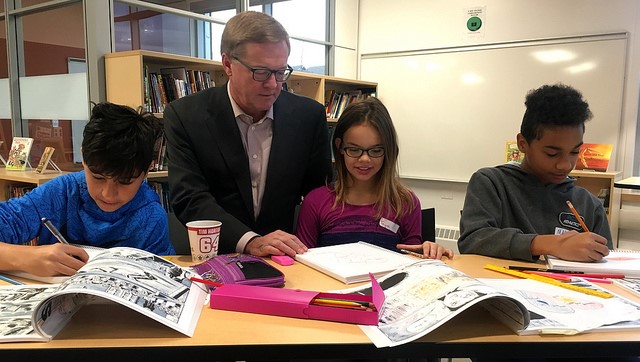
Minister Eggen announces new resources to support reconciliation and the inclusion of First Nations, Métis and Inuit history, perspectives and contributions into current Grade 1-9 curriculum at Dr. Martha Cohen School in Calgary.
“This initiative is part of our work to implement the principles of the United Nations Declaration on the Rights of Indigenous Peoples which will help bring a renewed relationship between Alberta and Indigenous peoples,” explained Richard Feehan, Minister of Indigenous Relations.
“These new lesson plans will help ensure that Indigenous and non-Indigenous students learn about our shared history as we move forward together along the path of reconciliation.”
Tony Alexis, Chief of the Alexis Nakota Sioux Nation added, “We are making important progress in our journey towards reconciliation and a shared understanding. Now is a time like no other in Alberta history. We have the opportunity and responsibility to teach the truth and to provide an accurate account of our Canadian society. These new resources will shed light on our painfully dark history, and like our TRC commission reminds us, there cannot be reconciliation without truth. Announcements like today’s are significant pathways to strengthening relationships with Indigenous communities.”
In June 2016, the Government of Alberta announced plans to develop new curriculum across six core subject areas, which will include First Nations, Métis and Inuit content at every grade level.
Through the Joint Commitment to Action, signed in June 2016, Alberta Education is also collaborating with the Alberta Teachers’ Association, the Alberta Regional Professional Development Consortia, the College of Alberta School Superintendents, the Alberta Association of Deans of Education, the Alberta School Boards Association and the National Centre for Truth and Reconciliation to ensure school staff have access to the professional learning opportunities they need to deliver this content.
“This is a great first step to honour commitments made to include First Nations, Métis and Inuit perspectives across subjects for Alberta’s students,” noted Val McDougall, Tsuut’ina education director. “These lesson plans will bring reconciliation to life in the classroom and will highlight the significance of residential schools and treaties.”
Meagan Lundgren, teacher, Dr. Martha Cohen School, Calgary Board of Education added. “I have seen the meaningful role that teachers can play in bringing greater understanding of reconciliation to students. I’m thrilled to have new resources and activities to draw from that are current, meaningful and respectful of First Nations, Métis and Inuit perspectives.”
One of the resources identified within the lesson plans is Secret Path, a multi-media project that includes a solo album by the late Gord Downie, along with a graphic novel and an animated film, based on the story of Chanie Wenjack, a young boy who died while trying to return home after escaping from a residential school. Downie, the frontman of the Tragically Hip, passed away Oct. 17 after battling brain cancer. He dedicated much of his career to uncovering and telling stories of Canadian history. Earlier this year, he was inducted as a member of the Order of Canada for his work raising awareness of Indigenous issues. Downie’s work continues to bring attention to the history and legacy of residential schools and will serve as a resource for teachers, students and all Canadians as we continue on the journey to reconciliation.
“Resources like this are what so many eager and committed teachers are looking for as they take their place as change-makers and leaders in reconciliation,” stated Charlene Bearhead, co-chair of the Downie Wenjack Foundation.
“Teachers are key to the foundational shift that is beginning right across the country. Many Albertans are learning the truth about residential schools and Indigenous peoples in Canada for the first time. These lesson plans will support teachers as they build connections with and for their students and develop authentic, meaningful learning experiences.”

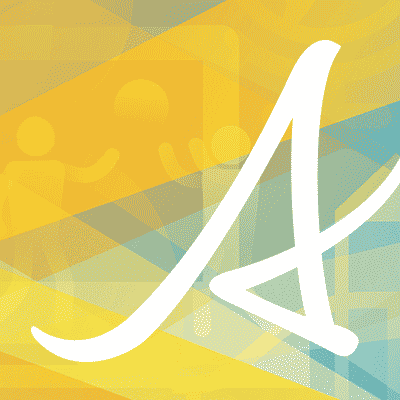

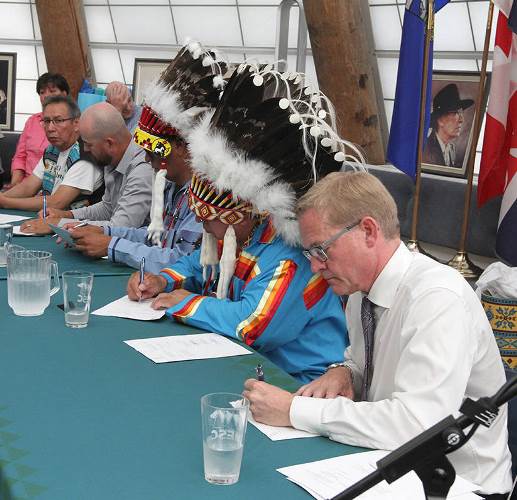
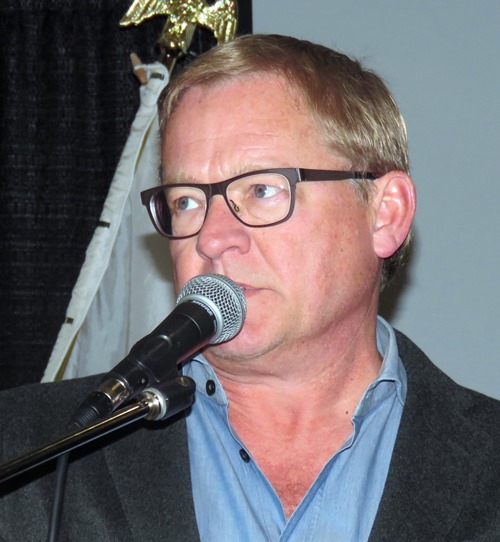
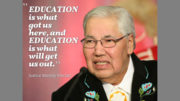
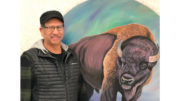
Alberta Education, once again, trying to be the voice of Treaty people. Treaty 8 peoples have not validated these lessons. We are our own authentic voice. Alberta and its institutions can never authentically our story.